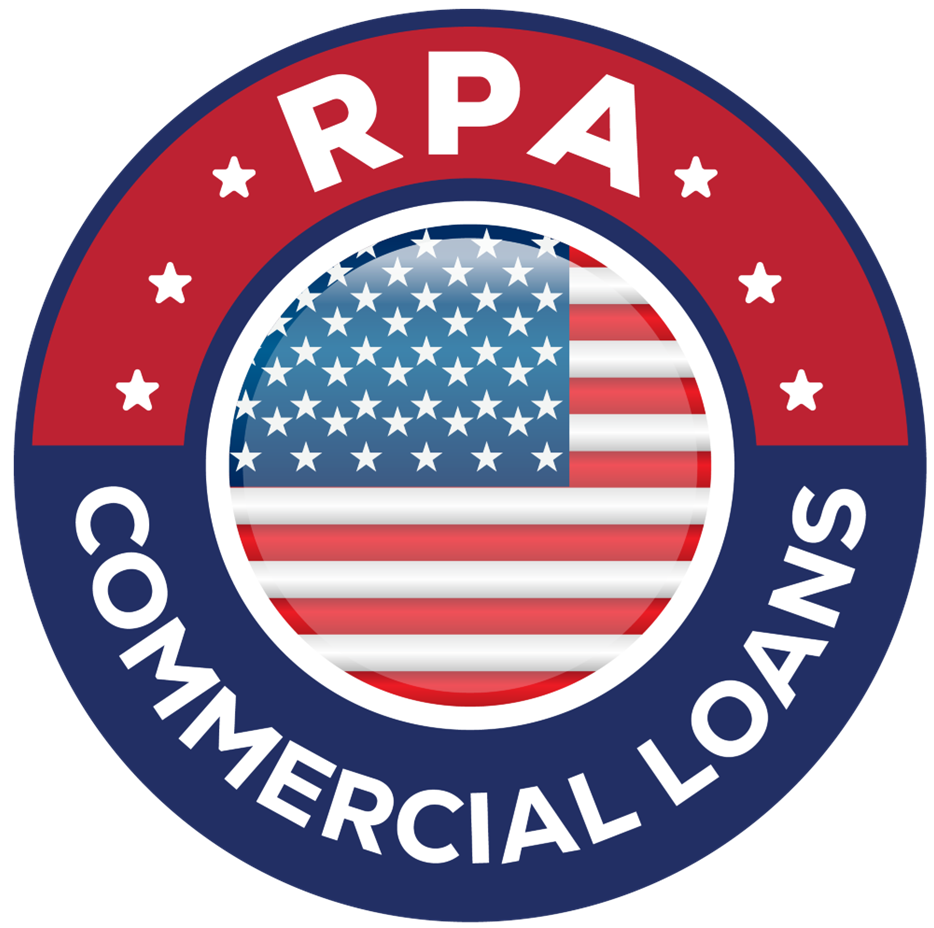Owning commercial property can offer various tax benefits, but navigating the tax implications requires careful planning and understanding. Here are some tax tips for commercial property owners to help maximize deductions and optimize their tax situation:
Depreciation Deductions
Depreciation Methods: Commercial properties are depreciated over a period of 39 years using the Modified Accelerated Cost Recovery System (MACRS). Ensure you are taking full advantage of this deduction.
Bonus Depreciation: For qualifying property improvements (usually those made after September 27, 2017), you may be eligible for bonus depreciation, allowing you to deduct a substantial portion of the cost in the year the property is placed in service.
Depreciation Recapture: Note that when you resell your property, you may need to recapture any previous depreciation that you claimed. A Section 1031 Exchange (see below) may help mitigate this issue.
Cost Segregation Studies
Accelerate Depreciation: Conduct a cost segregation study to identify and separate personal property components (like furniture or equipment) from the building. This allows for faster depreciation of these components, potentially leading to significant tax savings.
Interest Deductions
Mortgage Interest: Interest on loans used to acquire or improve commercial property is generally deductible. Ensure that all interest payments are accurately recorded and claimed. Points paid with a loan application may need to be amortized over the life of the loan. Check with your accountant or tax advisor for more information on how this applies to you.
Property Taxes
Deduct Property Taxes: Property taxes paid on commercial real estate are deductible as a business expense. Keep detailed records of property tax payments and ensure they are included in your tax filings. If taxes are impounded with your loan, be sure to track these payments from your mortgage statements.
Repairs vs. Improvements
Repairs: Routine repairs and maintenance expenses (e.g., fixing a leaky roof) can be deducted in the year they are incurred.
Improvements: Capital improvements (e.g., major renovations) must be capitalized and depreciated over their useful life. Determine whether an expense is a repair or an improvement to apply the correct tax treatment.
Note that improvements add value, while repairs simply bring the property back to its previous condition. For example, painting the entire building or replacing the roof with the same type of materials will usually count as a repair, while new siding or building a deck may count as an improvement. Check with your accountant or tax advisor with any questions about classifying work as a repair or an improvement.
Energy Efficiency Incentives
Tax Credits: Take advantage of tax credits for energy-efficient upgrades or improvements. The Energy Efficient Commercial Buildings Deduction (Section 179D) allows deductions for qualifying energy-efficient property improvements.
Section 1031 Exchange
Deferral of Capital Gains: If you sell a commercial property, consider using a Section 1031 exchange to defer paying capital gains tax by reinvesting the proceeds into a like-kind property. This can defer taxes and potentially reduce your overall tax burden.
Legal and Professional Fees
Deductible Expenses: Fees paid to attorneys, accountants, and other professionals for services related to the property (e.g., lease negotiations, tax planning) are typically deductible.
Charitable Contributions
Donation of Property: If you donate property to a qualified charitable organization, you may be eligible for a charitable deduction based on the fair market value of the property.
Direct Contributions: If you make direct contributions to qualified charities, these will usually be deductible, but if your business shows an operating loss, these deductions may need to be carried-forward to your next profitable year.
Operating Expenses/Losses
Deduct Business Expenses: Ordinary and necessary expenses for operating the property, such as utilities, insurance, and property management fees, are deductible.
Net Operating Loss: Many property holding companies carry losses forward for several or many years. A recent tax rule change means that losses can no longer be carried-back to prior tax years, but the limitation on carry-forwards has been eliminated, so losses can be carried indefinitely until needed to offset income.
Home Office Deduction
If Applicable: If you use part of your home exclusively for managing your commercial property business, you may be able to claim a home office deduction. Keep in mind that any depreciation will provide a current tax benefit but will need to be recaptured upon sale of the home if the sales price is more than your basis in the property. Be sure to allocate general household expenses such as insurance, utilities, repairs & maintenance, landscaping, et cetera, based on the percentage usage of the office space as compared to the size of your home.
Direct costs for the office, such as office furniture, equipment, office supplies, and the like are expensed 100% to the office.
Document Everything
Record Keeping: Maintain detailed and accurate records of all income and expenses related to the commercial property. Proper documentation is crucial for maximizing deductions and ensuring compliance with tax regulations. Expenses under $75 generally do not require a receipt, but it is best to have some kind of supporting documentation for these expenditures. Documentation of expenses is one of the top tax tips for commercial property owners.
Review Lease Agreements
Lease Expenses: If you lease out part of the property, ensure that lease payments and related expenses are accurately reported. Also, review the lease terms to ensure you are aware of any tax implications related to tenant improvements or rent payments. Note that tenant deposits are not income when received and should be reflected as a liability on your balance sheet until refunded or offset by allowable costs.
Consider Entity Structure
Tax Efficiency: Evaluate the most tax-efficient structure for owning and managing commercial property (e.g., sole proprietorship, partnership, LLC, corporation). Different structures have different tax implications. Keep in mind that RPA Commercial Loans only provides loans to entities such as LLCs, LLPs, corporations, trusts, or estates.
Stay Updated
Tax Law Changes: Tax laws and regulations change frequently. Stay informed about any new tax laws or changes that may affect your commercial property ownership and management. Be sure to sit down with your accountant regularly to keep your planning on track. After the end of the year is too late to implement most tax moves.
Consult a Tax Professional
Expert Advice: Work with a tax advisor or accountant who specializes in commercial real estate to ensure you are optimizing your tax situation and complying with all relevant tax laws.
Implementing these tax tips can help you manage your commercial property more effectively, maximize your deductions, and potentially reduce your overall tax liability. Keep following us for more tax tips for commercial property owners.
For tax information regarding your employment income, see our blog regarding tax withholding and refunds. The IRS provides information for owners of residential income property and investments including entity and real estate ownership.




